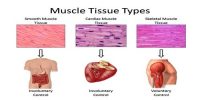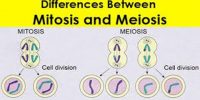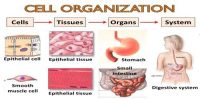The body of man and other higher animals is formed in coordination with some systems. A particular system is again formed of some related organs. Each of these organs has particular structure and functions. There exists coordination among the functions of the organs of a system. Each system works separately and each has its own specific functions. For example, the function of the digestive system is mainly intake of food, dig—stion of food, absorption of digested food, and temporary storage and excretion of undigested food. Of this system the digestive glands named salivary glands; liver and pancreas take part in digestion by secreting various digestive enzymes.
In this system, the pharynx and oesophagus take part in food intake, stomach and duodenum in digestion of food, ileum both in digestion and absorption of food and the rectum in storing the undigested food In any living beings, all these systems are interrelated. So, a system works properly only when each of the component organ of that particular system function properly and systematically. Again, through the coordinated work of different systems, living beings do their regular activities.
In case of all higher animals, nervous system and endocrine system together control and conduct the works of all organs, i.e. all systems to keep the body healthy and fit. The work of the nervous system is performed directly and generally quickly. On the other hand- the functioning of the hormones secreted by the endocrine glands or ductless glands are comparatively slow.













